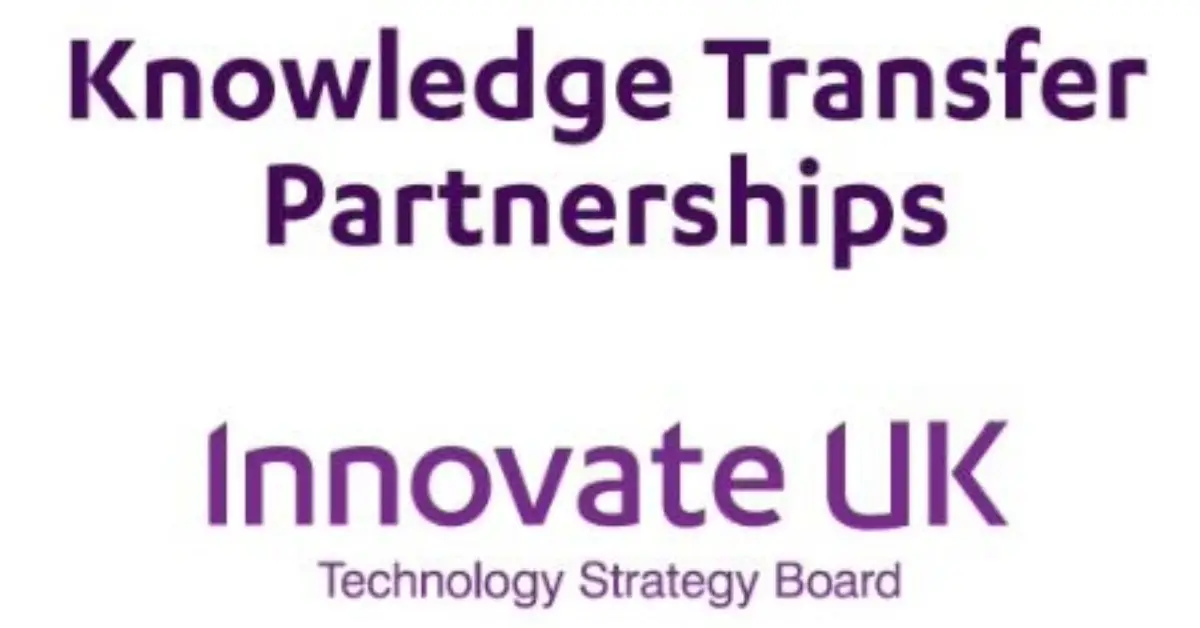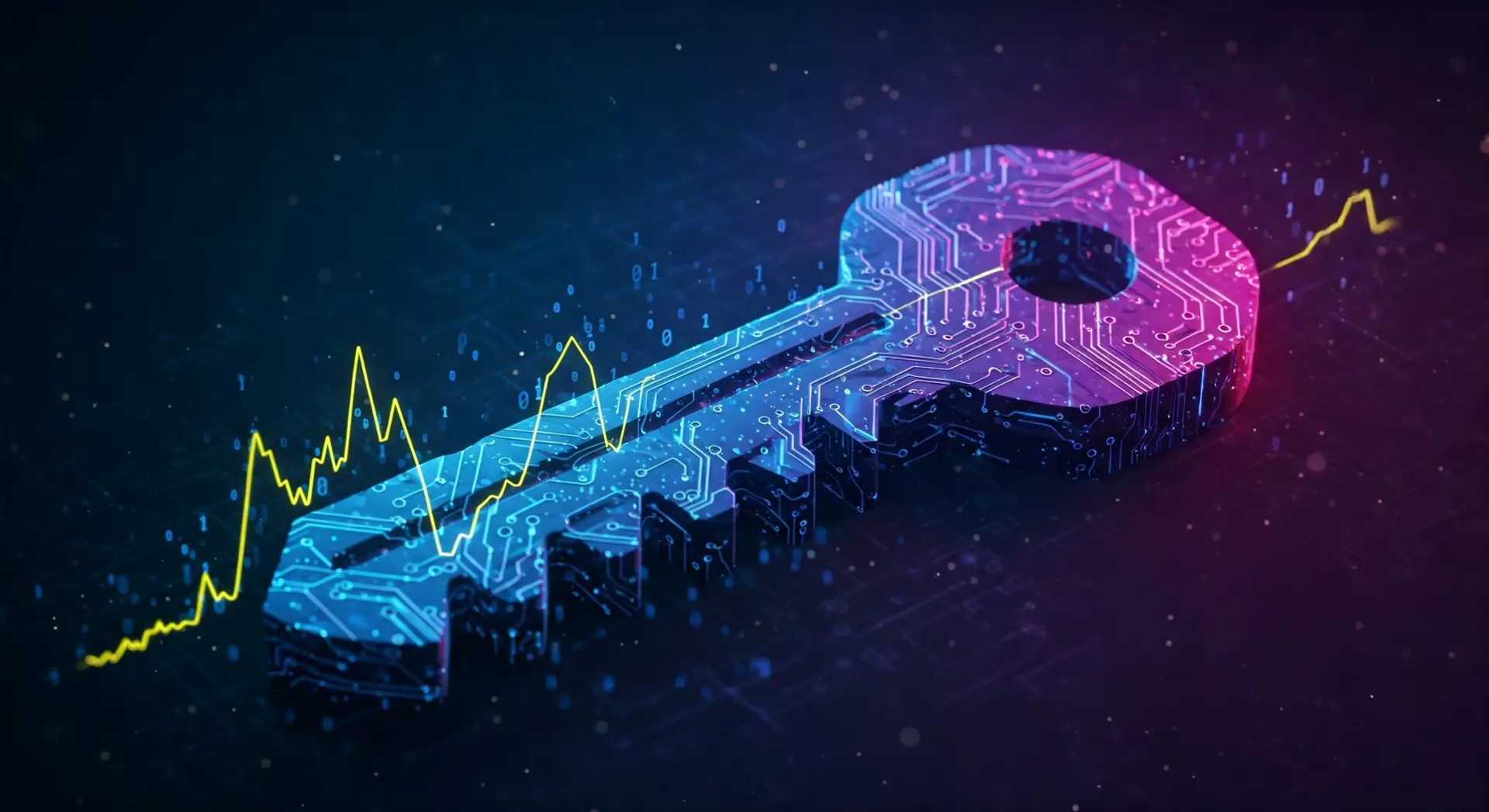The GCHQ Cyber Essentials qualification is a vital certification for companies in the UK. This certification helps businesses protect themselves from common online threats. It is backed by the UK government and the National Cyber Security Centre (NCSC).
What is GCHQ Cyber Essentials?
GCHQ Cyber Essentials is a government-endorsed certification. It helps businesses implement essential security measures to defend against cyber attacks. The certification covers five key areas: firewalls, secure configuration, user access control, malware protection, and patch management.
Firewalls and Internet Gateways
A firewall acts as a barrier between your internal network and external threats. Properly configured firewalls prevent unauthorized access and filter out malicious traffic. This is a fundamental step in protecting your business.
Secure Configuration
Secure configuration involves setting up systems and software in a secure manner. Default settings can often be vulnerable to attacks. Adjusting these settings to enhance security can significantly reduce risks.
User Access Control
User access control ensures that only authorized personnel have access to sensitive information. This involves managing user permissions and monitoring access to critical systems. Limiting access reduces the potential for insider threats and data breaches.
Malware Protection
Malware protection is crucial for defending against viruses, ransomware, and other malicious software. This involves using antivirus software, regular scans, and keeping systems updated. Effective malware protection can prevent significant damage to your business operations.
Patch Management
Patch management is the process of regularly updating software to fix vulnerabilities. Outdated software is a common entry point for cyber attackers. Ensuring that all systems are up-to-date is essential for maintaining security.
Benefits of GCHQ Cyber Essentials Qualification
Achieving GCHQ Cyber Essentials qualification offers numerous benefits for businesses.
Enhanced Security
The primary benefit is enhanced security. By following the guidelines, businesses can protect themselves from a wide range of cyber threats. This reduces the risk of data breaches and cyber attacks.
Increased Customer Trust
Customers are increasingly concerned about data security. Having the GCHQ Cyber Essentials qualification demonstrates your commitment to protecting customer information. This can increase customer trust and confidence in your business.
Competitive Advantage
In many industries, having this certification is a competitive advantage. It sets your business apart from competitors who may not have the same level of security. This can be particularly important when bidding for contracts or working with larger organizations.
Regulatory Compliance
The GCHQ Cyber Essentials qualification helps businesses comply with data protection regulations. This includes the General Data Protection Regulation (GDPR) in the UK. Compliance can prevent legal issues and potential fines.
Cost Savings
Investing in cybersecurity can save money in the long run. The cost of recovering from a cyber attack can be significant. Preventing attacks through robust security measures is often more cost-effective.
The Certification Process
Self-Assessment
The first step is a self-assessment questionnaire. This helps businesses evaluate their current security measures. It covers the five key areas of the Cyber Essentials framework.
External Verification
After completing the self-assessment, businesses undergo an external verification. This involves an independent assessment to ensure compliance with the guidelines. Successful businesses receive the Cyber Essentials certification.
Ongoing Maintenance
Cybersecurity is an ongoing process. Businesses must continually monitor and update their security measures. Maintaining the Cyber Essentials qualification requires regular reviews and updates.
Common Cyber Threats Addressed by Cyber Essentials
Phishing Attacks
Phishing attacks involve fraudulent emails designed to steal sensitive information. The Cyber Essentials guidelines help businesses implement measures to detect and prevent phishing.
Ransomware
Ransomware is a type of malware that encrypts data and demands payment for its release. Following the Cyber Essentials framework can help prevent ransomware infections.
Unpatched Software
Outdated software with known vulnerabilities is a common target for attackers. The Cyber Essentials certification emphasizes the importance of regular updates and patch management.
Weak Passwords
Weak passwords are easily cracked by attackers. Implementing strong password policies is a key component of the Cyber Essentials guidelines.
How to Prepare for GCHQ Cyber Essentials Certification
Conduct a Security Audit
Before starting the certification process, conduct a thorough security audit. Identify any gaps in your current security measures.
Train Your Staff
Ensure that all employees are aware of cybersecurity best practices. Regular training sessions can help prevent human errors that could lead to security breaches.
Update Software and Systems
Make sure all software and systems are up-to-date. This includes applying patches and updates to fix known vulnerabilities.
Implement Strong Password Policies
Enforce the use of strong, unique passwords for all accounts. Consider using multi-factor authentication for added security.
Secure Your Network
Ensure that your network is protected by a properly configured firewall. Regularly monitor network traffic for suspicious activity.
The GCHQ Cyber Essentials qualification is a valuable certification for businesses. It enhances security, increases customer trust, and provides a competitive advantage. By following the guidelines, businesses can protect themselves from common cyber threats. Investing in cybersecurity is essential in today’s digital landscape. The Cyber Essentials qualification is a step towards a safer, more secure business environment.




